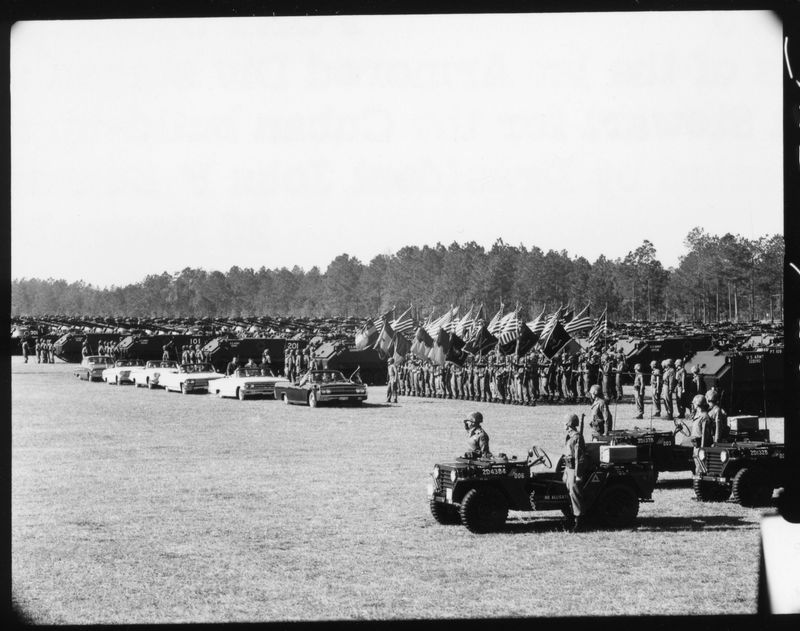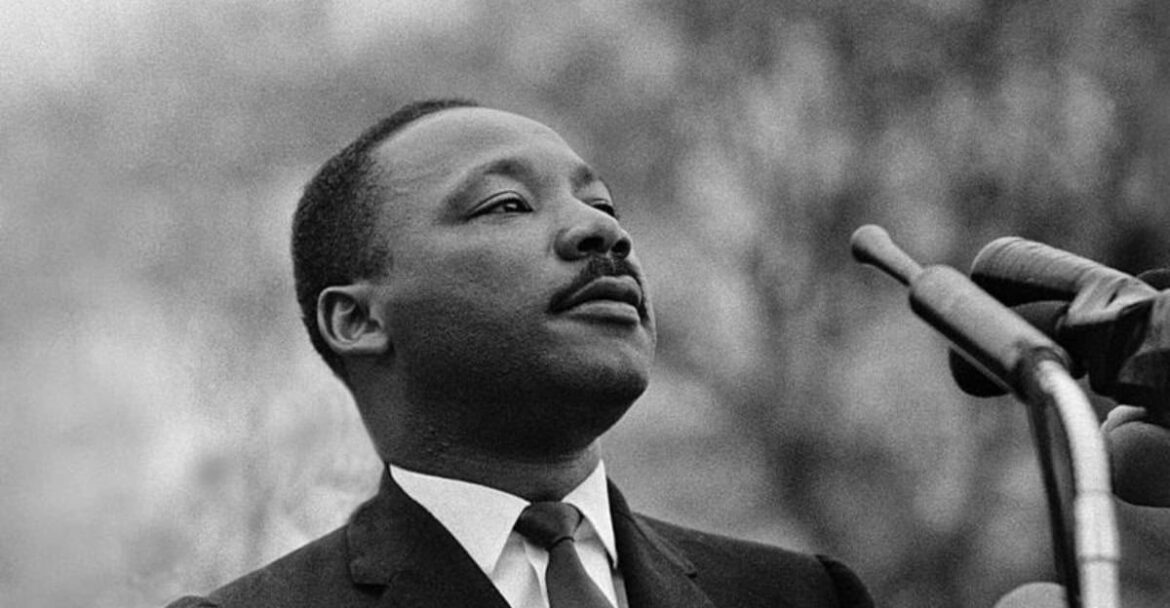The 1960s were a transformative time, marked by iconic figures and unforgettable moments that shaped the world. From cultural revolutions to groundbreaking innovations, the decade is remembered for its vibrant energy and profound impact. Let’s celebrate 27 iconic people and moments from this remarkable era, each leaving an indelible mark on history.
1. Neil Armstrong’s Moon Landing
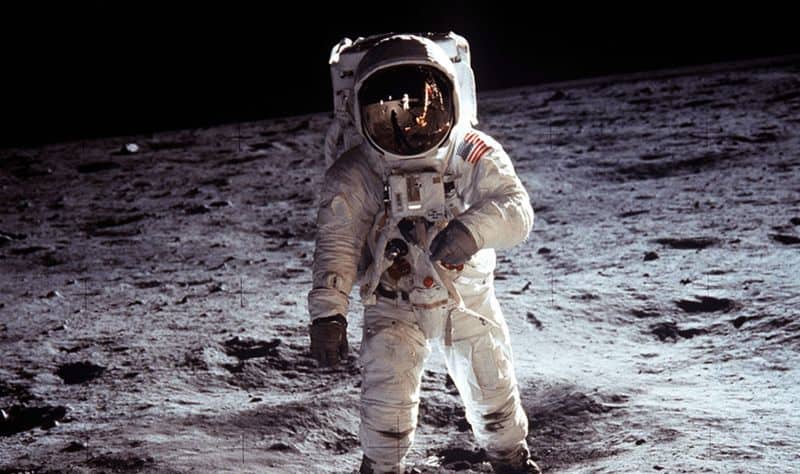
On July 20, 1969, Neil Armstrong made history by becoming the first human to set foot on the moon. This monumental event was broadcast to millions, inspiring awe and wonder across the globe. Armstrong’s famous words, ‘That’s one small step for man, one giant leap for mankind,’ echoed the sentiment of progress and exploration. The mission, Apollo 11, marked a significant achievement in space exploration, symbolizing human curiosity and ingenuity. It was a defining moment of the 1960s, showcasing the technological prowess of the era and fueling dreams of interstellar exploration for generations to come.
2. The Beatles’ American Debut
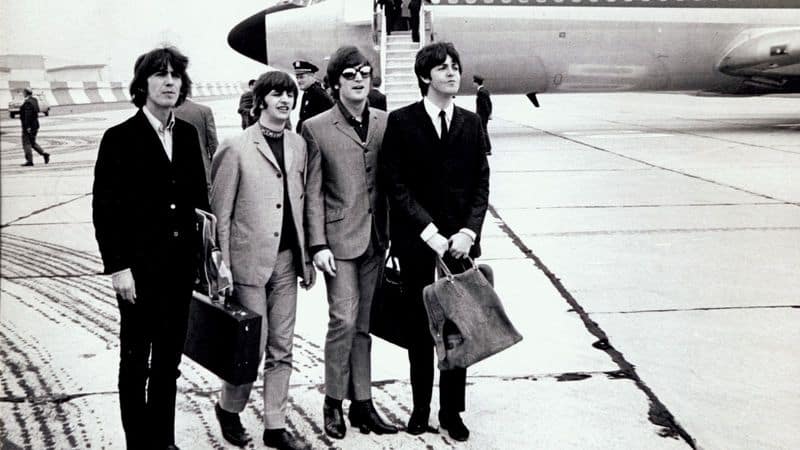
The Beatles’ arrival in the United States in 1964 marked the beginning of a musical revolution. With their unique sound and charismatic presence, they captivated audiences, sparking the ‘British Invasion.’ Their performance on ‘The Ed Sullivan Show’ is legendary, watched by millions and cementing their status as music icons. The Beatles influenced countless artists and reshaped the music industry. Their innovative approach to songwriting and recording set new standards, and their cultural impact resonated far beyond music. As symbols of the 1960s, The Beatles’ legacy continues to inspire new generations of musicians and fans alike.
3. Martin Luther King Jr.’s ‘I Have a Dream’ Speech
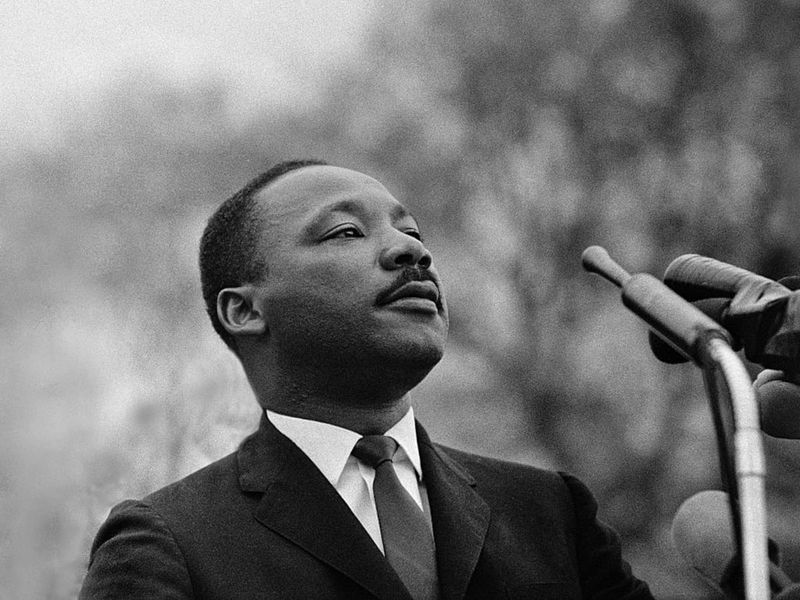
Martin Luther King Jr.’s ‘I Have a Dream’ speech, delivered during the 1963 March on Washington, remains one of the most powerful orations in history. As he spoke on the steps of the Lincoln Memorial, King’s words called for racial equality and justice. His dream of a harmonious society transcended racial boundaries and inspired change across the United States. The speech was a cornerstone of the Civil Rights Movement, galvanizing supporters and fostering dialogue. King’s eloquence and vision continue to resonate, reflecting the hope and determination of those who fought for civil rights in the 1960s.
4. The Assassination of John F. Kennedy
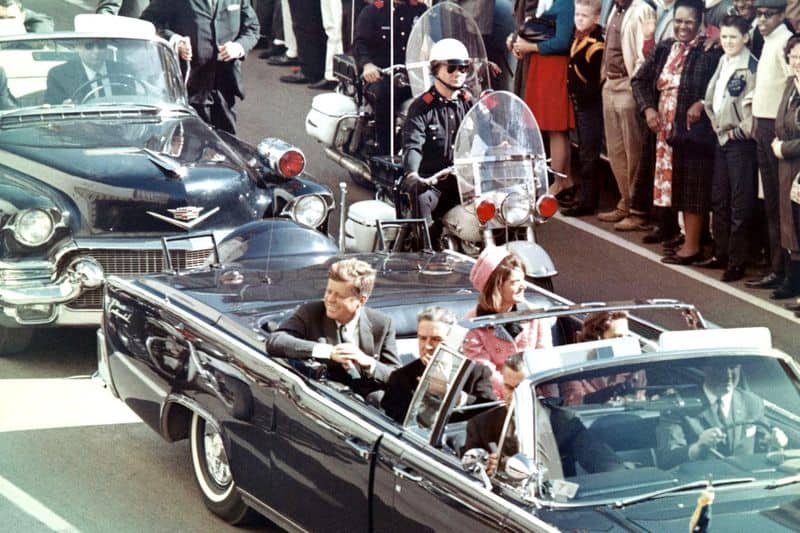
The assassination of President John F. Kennedy on November 22, 1963, shocked the world and marked a turning point in American history. As the 35th President of the United States, Kennedy brought youthful vigor and charisma to the White House. His vision of a ‘New Frontier’ promised progress and innovation. His tragic death in Dallas, Texas, left a nation in mourning, and his legacy remains influential. Kennedy’s presidency, though brief, is remembered for its ambitious goals and inspiring leadership. The assassination remains a defining moment of the 1960s, etched into the collective memory of a generation.
5. Woodstock Music Festival
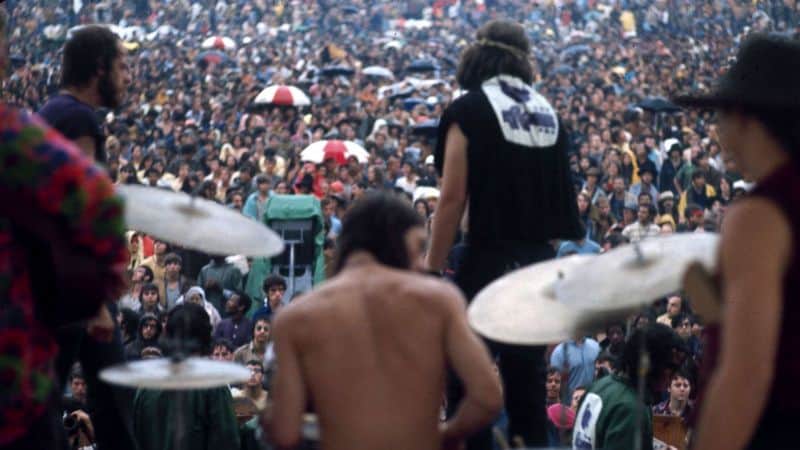
The Woodstock Music Festival, held in August 1969, epitomized the counterculture movement of the 1960s. Gathering over 400,000 people, it became a symbol of peace, love, and music. Featuring performances by legendary artists like Jimi Hendrix and Janis Joplin, Woodstock celebrated creativity and freedom. The festival’s peaceful atmosphere and communal spirit captured the essence of the decade, offering a haven from societal tensions. Woodstock’s legacy endures as a cultural milestone, representing the ideals of a generation that sought change and unity through music. It remains an enduring symbol of the power of art to inspire and bring people together.
6. The Vietnam War Protests
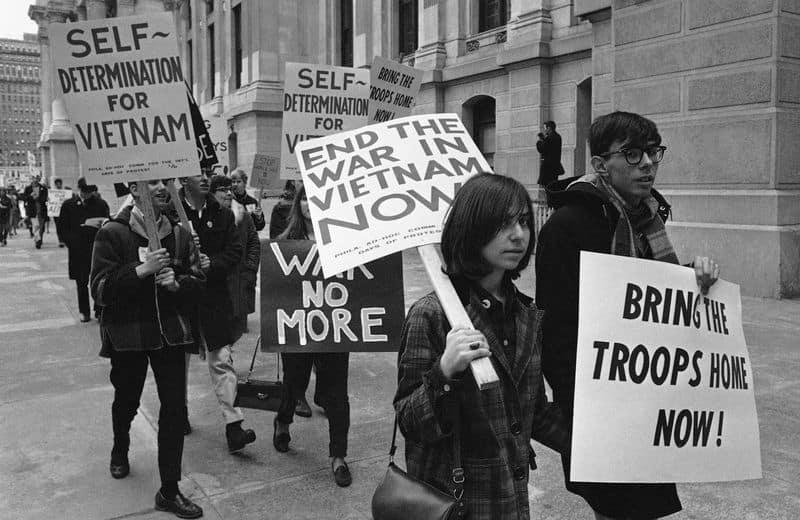
The Vietnam War protests were a defining feature of the 1960s, reflecting widespread opposition to U.S. involvement in Vietnam. Across the nation, activists organized marches, sit-ins, and rallies to demand an end to the conflict. The protests united diverse groups, including students, veterans, and civil rights activists, who sought peace and justice. The anti-war movement challenged government policies and highlighted the growing discontent among citizens. These demonstrations played a crucial role in shaping public opinion and influencing political decisions. The legacy of the Vietnam War protests remains a testament to the power of collective action and civic engagement.
7. First Heart Transplant, 1967
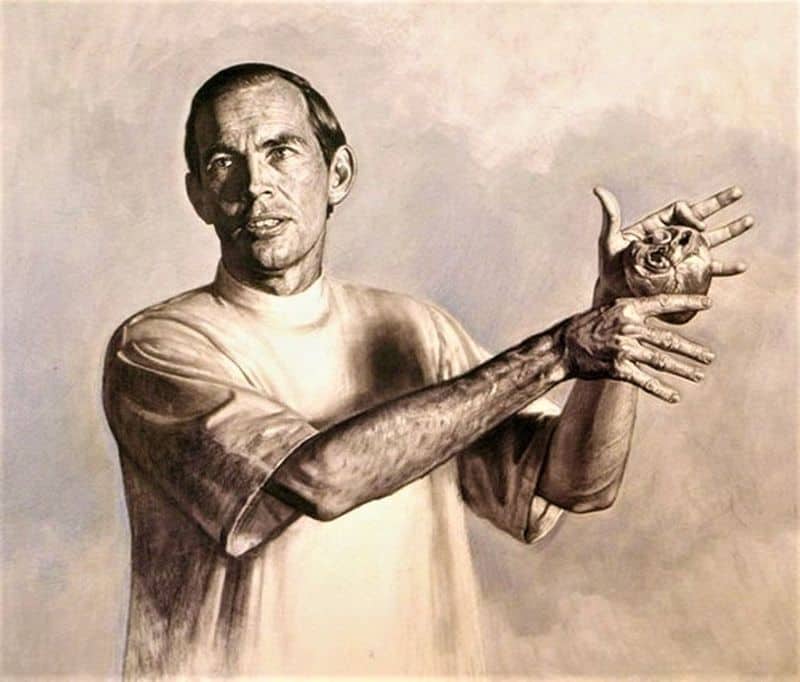
In 1967, Dr. Christiaan Barnard performed the world’s first human heart transplant in Cape Town, South Africa. Pioneering the field of cardiothoracic surgery, this monumental event marked a leap in medical science. The patient, Louis Washkansky, received the heart of a young accident victim, Denise Darvall.
Though Washkansky lived only 18 days post-operation, the procedure revolutionized transplant surgeries worldwide. It showcased the potential of medical technology. Barnard became an overnight sensation, celebrated for his daring approach. The initial challenges faced in immunosuppressive therapy were pivotal in refining future heart transplant protocols.
This breakthrough inspired hope, pushing boundaries of possibility in medicine.
8. First Super Bowl, 1967
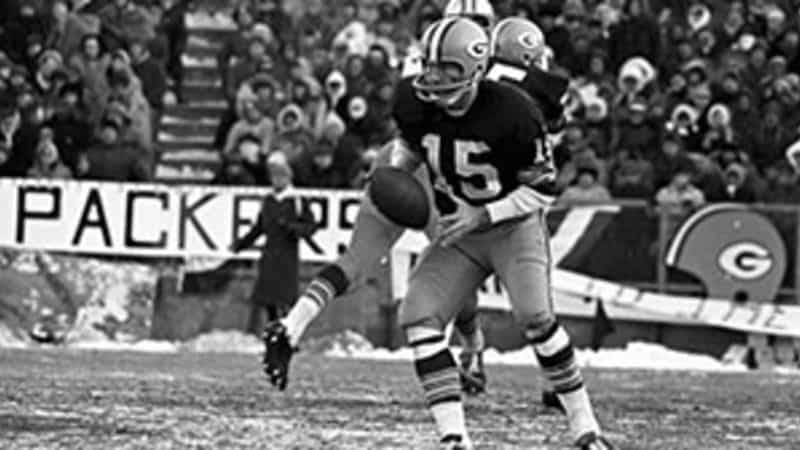
The first-ever Super Bowl took place in 1967, pitting the Green Bay Packers against the Kansas City Chiefs. Held at the Los Angeles Memorial Coliseum, this historic sporting event drew an audience of over 60,000 people and began a tradition that has become a cultural staple.
The Packers triumphed with a 35-10 victory, led by quarterback Bart Starr, setting the stage for the immense popularity of American football.
This game marked not just a sports milestone but also a moment of unity and excitement for fans across the country, signaling the dawn of the Super Bowl era.
9. The Civil Rights Act of 1964
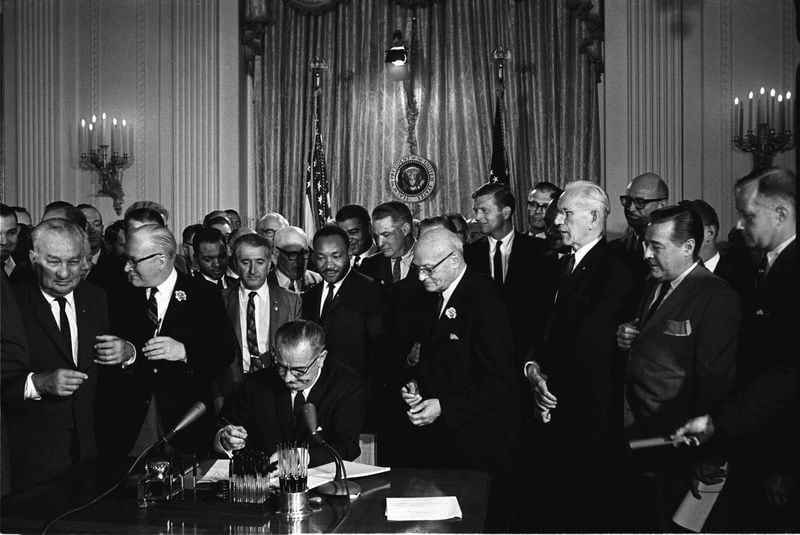
10. The Cuban Missile Crisis
